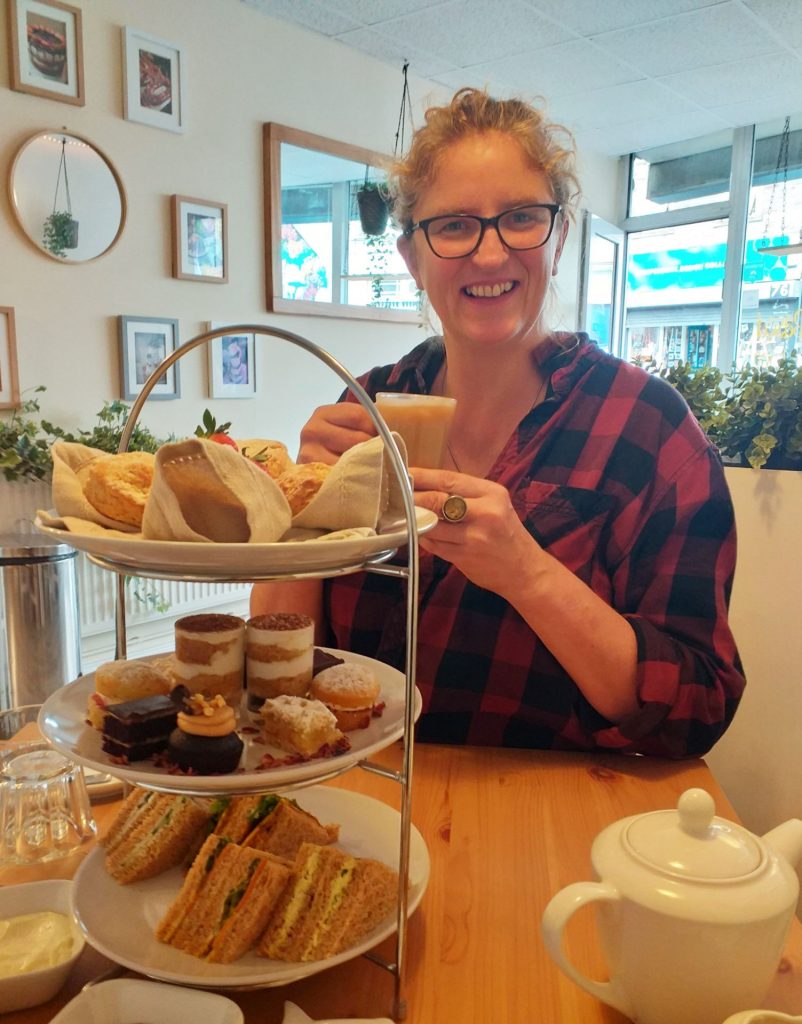by Helen March, English and History student and Bristol Futures Advocate
 Deadline season is looming and along with it comes a myriad of assessments, exams and sometimes even presentations. Delivering presentations at university can often be pretty overwhelming. Most degree programmes will ask you to give at least one during your time at university, and this might be the first time you’ve ever had to speak in public before. This can be quite scary, especially when you are presenting to a large audience or panel. Personally, I found the prospect of communicating my academic ideas incredibly daunting, as it was something I’d never done before.
Deadline season is looming and along with it comes a myriad of assessments, exams and sometimes even presentations. Delivering presentations at university can often be pretty overwhelming. Most degree programmes will ask you to give at least one during your time at university, and this might be the first time you’ve ever had to speak in public before. This can be quite scary, especially when you are presenting to a large audience or panel. Personally, I found the prospect of communicating my academic ideas incredibly daunting, as it was something I’d never done before.
But it doesn’t have to be daunting! Presentations are a great way to express a level of creativity in an assessment and can often result in really good marks. Below are some helpful tips about public speaking which can help tackle those nerves for your next presentation assessment.
Make a Script or Prompt Cards
It can often help to have some prompts to read from when giving a presentation; nobody is expecting you to remember everything word for word! Whether it’s some flash cards or a word document with your entire script, having something in front of you with the relevant information on will make sure you know what you need to say next. It can prevent you from having a mind blank if you’re worried you’ll panic when you get up in front of everyone.
Eye contact
Having said that, don’t stare at your script too much! It’s important to engage your audience. Although everyone is always encouraged to look people in the eyes when giving presentations this can often be quite difficult to do. It’s also pretty intimidating! Instead, try looking just above people’s heads. It will look like you’re speaking directly at them, but avoid the awkwardness of staring at anyone too much.
Project!
Make sure you are speaking at a good volume. It’s okay to be a bit too loud but make sure you’re not too quiet. As long as everyone can hear you then you should be okay. If you have the opportunity to, it can often help to visit the room you will be presenting in first so you know the size of it, check whether there is a microphone, and can test out how loudly you need to speak.
Practice!
Whether it’s in front of a flat mate, family member or just recording yourself on your phone, practising your presentation before you actually give it can really help. Not only will it make sure you’re familiar with your entire script, but it will improve the communication of your argument and allow you to work out how to pace yourself more easily. It can also help to pick up on anything which you might have missed from your presentation or script when you were putting it together. Practising your script will hopefully mean you’re less reliant on it when it comes to the actual presentation, and your argument will flow more easily.
If you’re still struggling, you can also attend one of our presentation skills workshops, which will give you the opportunity to discuss these skills and try out your public speaking skills.
Have you got any tips for public speaking? Share them below!

